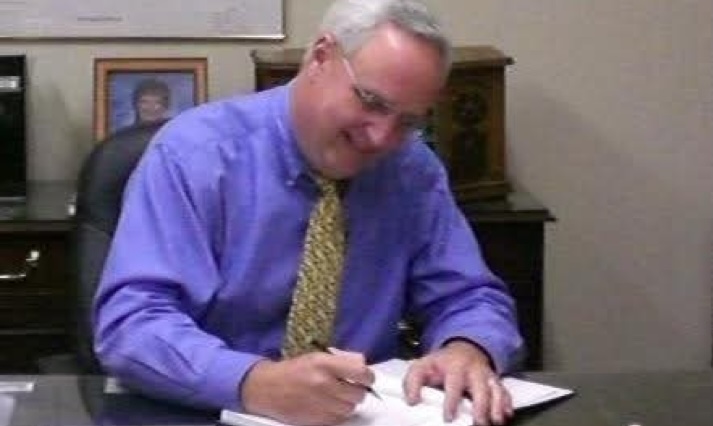Your compiler is not sure how to spell the first expression listed above, but he has heard Southern women say it all his life. Men use it on rare occasion, but generally default to, “I swear!” or several coarser, unrelated expressions, which in the genteel South seemed harsh for women to say or hear.
Both phrases mean the same thing – some combination of amazement or disgust or frustration – as in, “I swannee, I don’t know what I’m gonna do with that boy! I can’t think of enough things to tell him not to do!” Very rarely would one hear, “I swannee to God,” which comes perilously close to taking the Lord’s name in vain, and which thus is prohibited both in the Bible Belt South and in the Decalogue; however, such usage would indicate that the phrase’s origin was an oath of some kind.
A little online research – and we all know that absolutely everything we find online is accurate simply due to the fact that it is online, do we not?? – indicates that it is an old English phrase that was originally intoned as, “I shall warrant you,” and which was originally used much more in a sense of swearing to tell the whole truth than in one of amazement, disgust, or frustration. It seems that in the northern climes of England, the dialectical pronunciation of that phrase was something like, “I s’wan ye,” which would seem to go a long way toward clarifying where this funny old phrase comes from.
I swannee, it is amazing what one can find on the internet, is it not?
Now on to the second phrase of the week, “I declare!” This saying was less vehement, typically, than, “I swannee,” but both phrases covered much of the same ground, although “I declare!” had a bit more positive slant to it than, “I swannee!” Men and women both used the phrase, and it meant something along the same lines as, “My goodness!” The late Floy Farr (1912-2006), a founder of Peachtree City and namesake of one of its principal thoroughfares, used it more than twenty years ago in meeting your compiler for the first time since the latter had been a small child. “Well, I declare, Dan,” Mr. Farr said that day, “you’ve grown up since I last saw you.”
Your compiler’s late grandfather, Mayor Hubert Langford (1901-1987) of Brooks, was one of the most stubborn people God ever made. He was also one of the messiest. But he had a charm that made his hard-headedness and messiness almost agreeable. His wife, your compiler’s grandmother, was a prim and proper, meticulous Southern lady of the old school, who never lacked an opinion nor hesitated to express such as inviolable truth. She would explain in painstaking detail to her husband how to do something, and he would nod in sage agreement. Then he would go out and do whatever it was however he damn-well pleased.
This tendency of his usually made her so mad that she would voice the only off-color phrase in her vast and impressive vocabulary: “Dammit, Hubert!” She never said that curse word without appending his name to it, and she never said another curse word. But if his infraction were more minor, she would use, “I declare!”
She also used that phrase on the rare occasions when she would venture into his general merchandise store in downtown Brooks, which was a notorious shambles. “I declare, Hubert!” she would intone, looking around and shaking her head in amazement. “This store looks like a cross between the Wrath of God and the Wreck of the Hesperus! I declare I don’t know how you stand it!”
“I declare!” It is a phrase not heard much anymore, which your compiler thinks is a shame. A lot of our quaint Southern sayings are becoming scarce as hen’s teeth, which your compiler declares is a trend he does not much care for.









Leave a Comment
You must be logged in to post a comment.